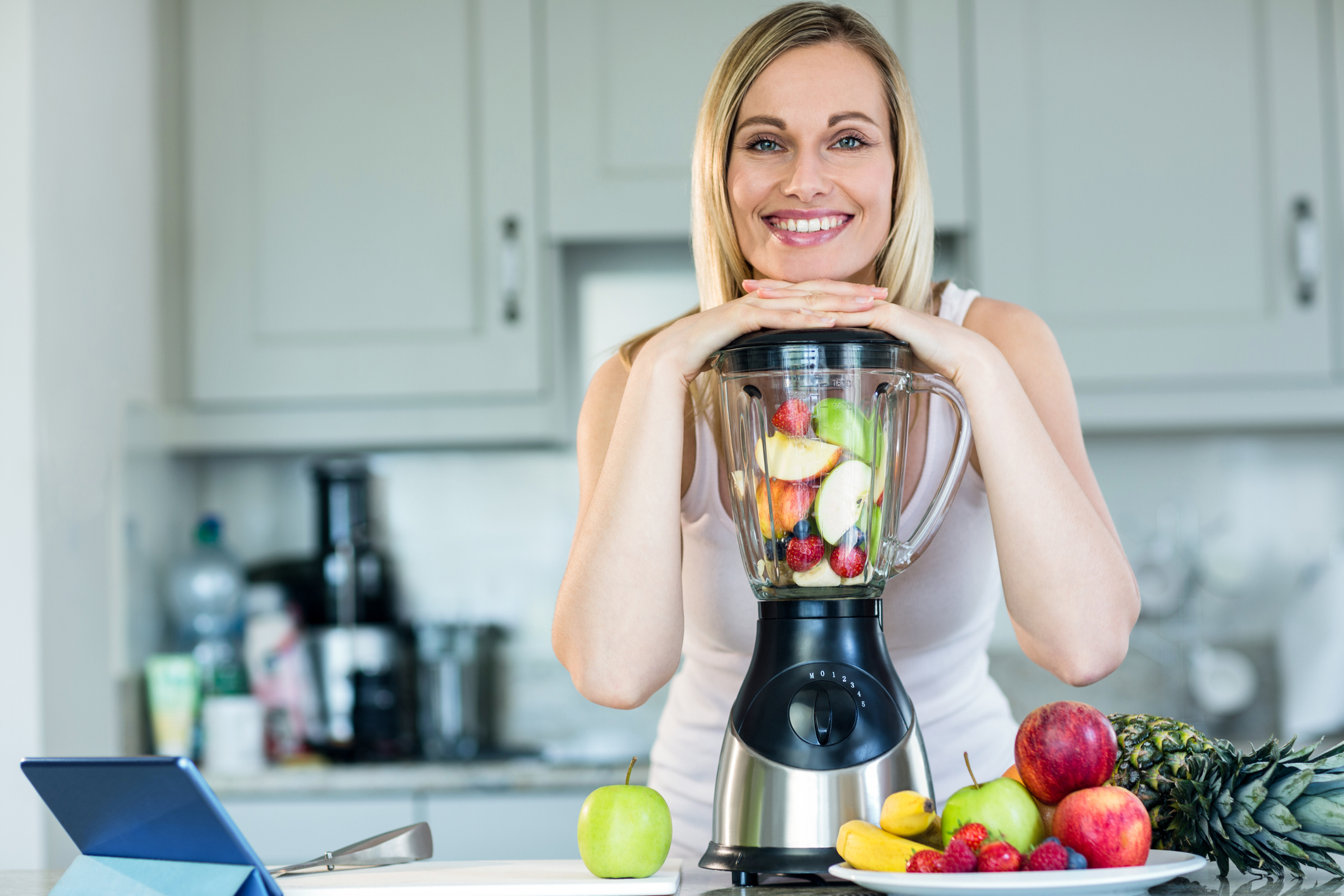Get Easy Health Digest™ in your inbox and don’t miss a thing when you subscribe today. Plus, get the free bonus report, Mother Nature’s Tips, Tricks and Remedies for Cholesterol, Blood Pressure & Blood Sugar as my way of saying welcome to the community!
For women only: Fiber could be the key to happiness

There’s no doubt about fiber’s role in a healthy diet.
Yet, when we think of fiber, most of us only consider what it does for the gut, like keeping us regular or stopping the bloating.
However, the truth is that adding fiber to your diet has been proven to have far-ranging effects that go well beyond the gut, including guarding against obesity, warding off heart disease and even lowering the risk of some types of cancer.
And now according to a new study, there’s one more way adding the power of fiber to your life could improve your health (and even your happiness)… by fighting depression.
Boost your fiber, boost your mood
Using research data from the Korea National Health and Nutritional Examination Survey of over 5,800 women of various ages, weights, and menopause stages, researchers delved into the women’s diets, fiber intake and depression status to determine if there was a link between fiber intake and the blues.
And what it came down to was this…
For premenopausal women, fiber makes a difference in whether or not you feel depressed.
In fact, the team found that for every increase of one gram of fiber per 1,000 calories premenopausal women consumed, the result was a five percent decrease in the prevalence of depression.
Yup, a five percent lower depression risk just by eating a single gram of fiber more!
However, the news wasn’t quite so good for women in their postmenopausal years, since the researchers found no link between fiber and depression in postmenopausal women.
Why the difference?
Well, according to the study authors suspect the likely culprit is estrogen levels, which as you know, go down dramatically after menopause. And they point out that previous research has already found that estrogen levels can have a clear effect on gut microbes.
Fiber up for happiness
Of course, this new research doesn’t mean that if you’re premenopausal and feeling down, eating fiber can completely prevent depression and turn you into a new woman. But it could be a step in the right direction.
But as Dr. Stephanie Faubion, medical director at the North American Menopause Association, points out, “Nonetheless, it has never been more true that ‘you are what you eat,’ given that what we eat has a profound effect on the gut microbiome which appears to play a key role in health and disease.”
So, why not add a little fiber to your life? Great sources of fiber include fruits like:
- Raspberries
- Pears
- Apples (with skin)
- Bananas
- Oranges
- Strawberries
Good fiber-rich veggie options are:
- Green peas
- Broccoli
- Turnip greens
- Brussels sprouts
- Potatoes (with skins)
You can also get your fiber kick from whole grains like quinoa and oatmeal. And for a major fiber punch, try adding in legumes and seeds like split peas, lentils and chia seeds.
So fiber up! Not only is increasing fiber good for your gut, it’s great for your heart, your waistline and could even keep you from suffering from depression. Naturally happy and healthy could be your new motto for your fiber plan.
Editor’s note: Are you feeling unusually tired? You may think this is normal aging, but the problem could be your master hormone. When it’s not working, your risk of age-related diseases skyrockets. To reset what many call “the trigger for all disease” and live better, longer, click here to discover The Insulin Factor: How to Repair Your Body’s Master Controller and Conquer Chronic Disease!
Sources:
Fiber may lower depression risk in premenopausal women — StudyFinds
Chart of high-fiber foods — Mayo Clinic
Increased Fiber Associated With Less Depression in Premenopausal Women — Physician’s Committee for Responsible Medicine













